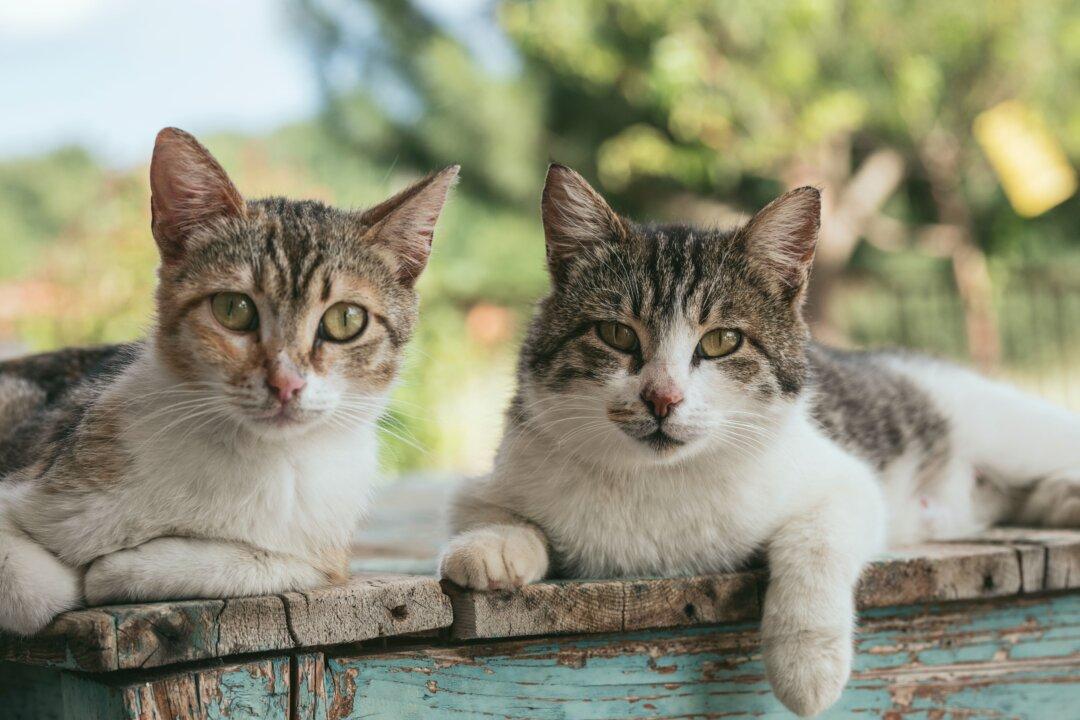Consumers have been buying fur gloves from Melbourne’s Queen Victoria Market—disguised as containing “faux fur”—without realising that they contain hair originating from a domestic cat.
Cellmark Forensic Services from the U.S. tested a $20 (US$14) unlabelled pair of gloves recently purchased at the market in a joint investigation between the Animal Justice Party and Collective Fashion Justice.





